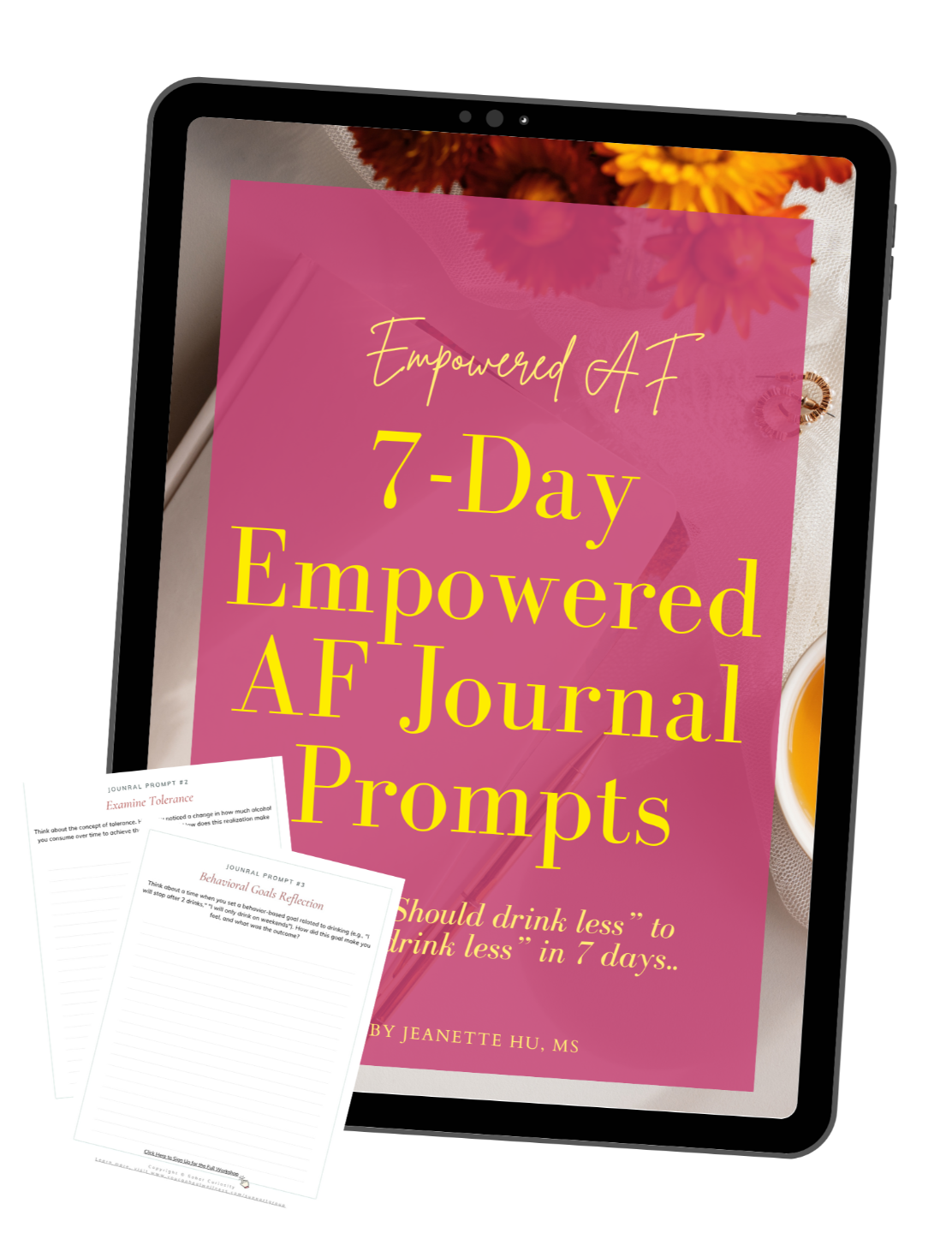Vol. 29 Sleep & self-generated therapy
If I might be a sleep nerd for a day…
…did you know that sleep is not just a period of inactivity, but actually a complex biological process?
I certainly didn’t know this until I was sitting in my Biological Psychology 101 class.
Despite looking like a long stretch of dormancy from the outside, sleep is actually made up of 4 distinct stages:
-
Stage 1 – Light Sleep
-
Stage 2 – Deeper Light Sleep
-
Stage 3 – Deep Sleep/Slow-Wave Sleep
-
Stage 4 – REM Sleep (Rapid Eye Movement)
And over the course of a night, we typically move through 4 to 6 full cycles of these stages.
In my last email, I told you that even one glass of wine can ruin your sleep — but you might be wondering: how exactly?
It comes down to how alcohol increases slow-wave sleep but blocks REM sleep.
REM — short for rapid eye movement — is the stage where dreaming happens. More importantly, it’s when mental and emotional restoration takes place. During this stage, the brain processes and consolidates emotional memories, regulates mood, and enhances emotional resilience.
Sleep experts sometimes call it “self-generated therapy” or even “emotional first aid.”
On a normal night, your brain cycles through 4 to 6 rounds of REM. But with alcohol in the mix, you might only get 1 or 2 — and those are often cut short.
So if you’ve ever woken up after a heavy (or even not-so-heavy) night of drinking feeling agitated, short-tempered, or emotionally drained… now you know why. That nightcap was robbing you of your self-generated therapy.
More soon,
Jeanette
✨ Micro-Dose Takeaway: Your Member-Only Bonus
Name the Belief:
“I drink to help with my insomnia.”
Examine the Belief:
-
REM sleep is often called self-generated therapy, and it’s essential for our emotional and mental well-being.
-
Alcohol blocks REM sleep, reducing it from 4–6 cycles to only 1–2.
Rewrite the Belief:
“Deep, dreamless nights from alcohol mean my REM sleep is being stolen, leaving me agitated, on edge, and less resilient.”


Responses